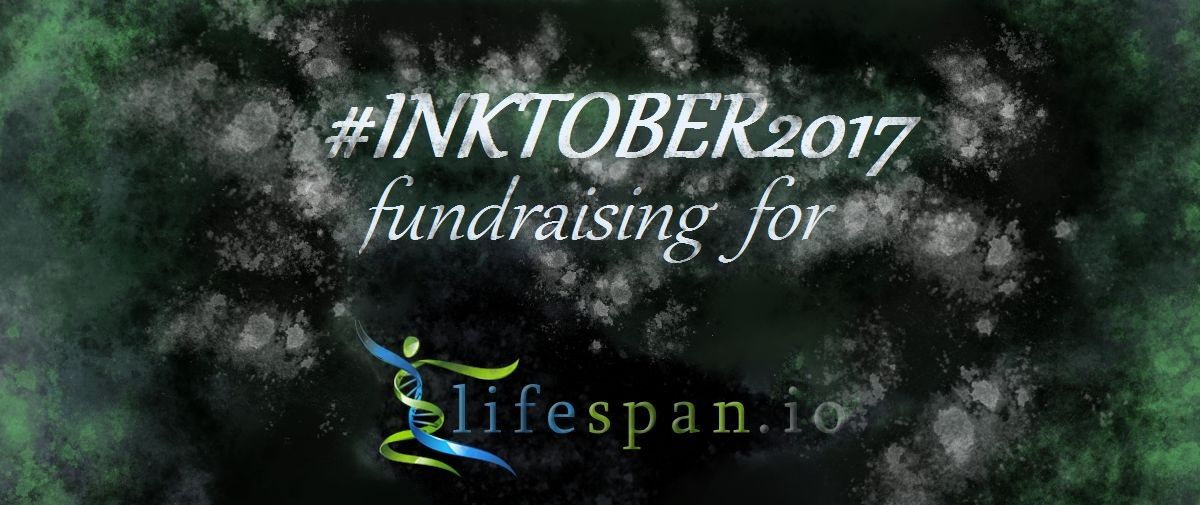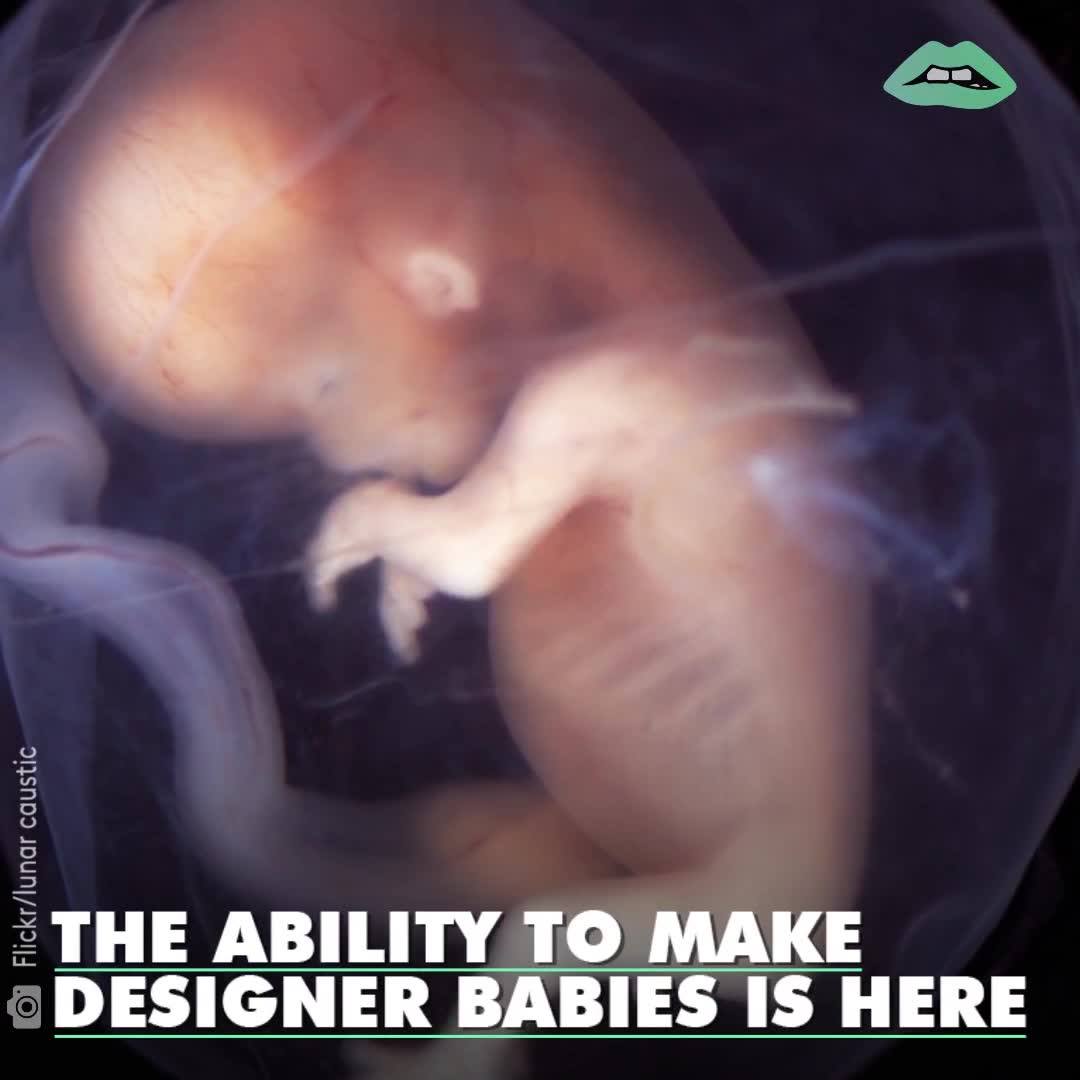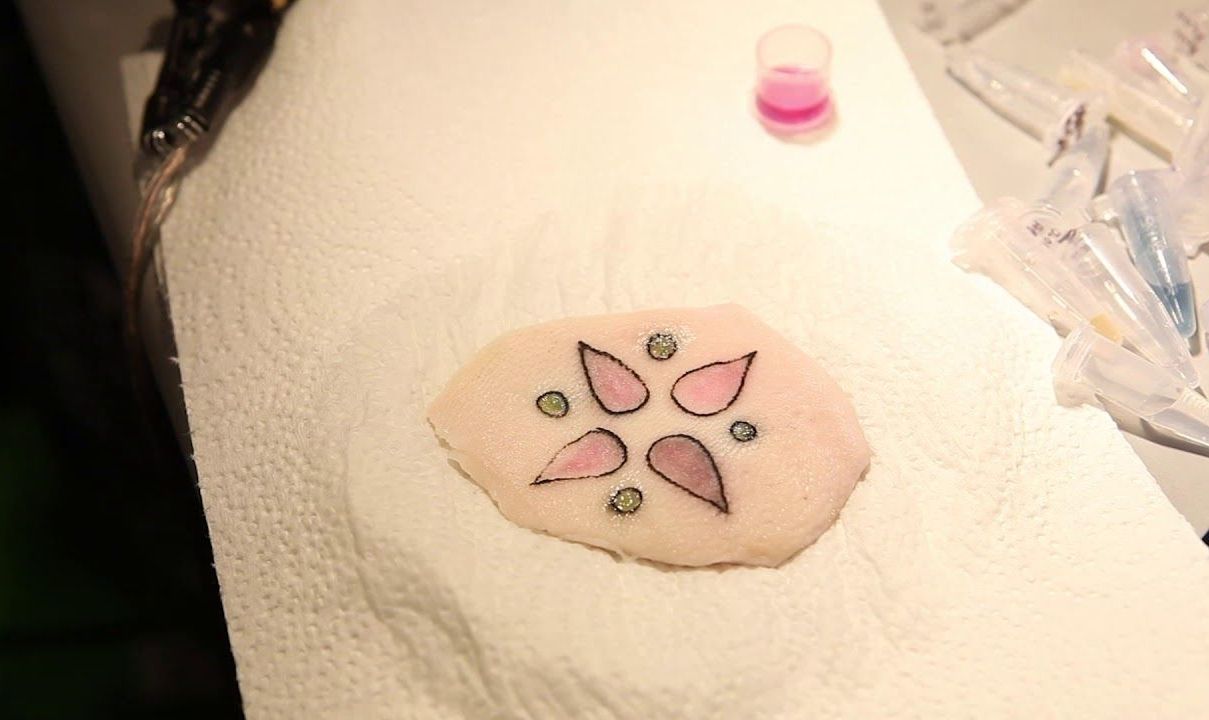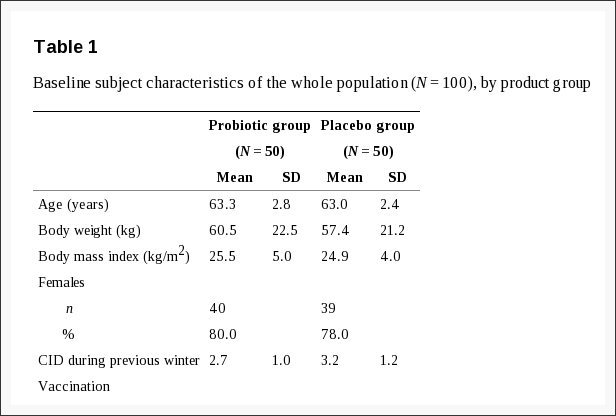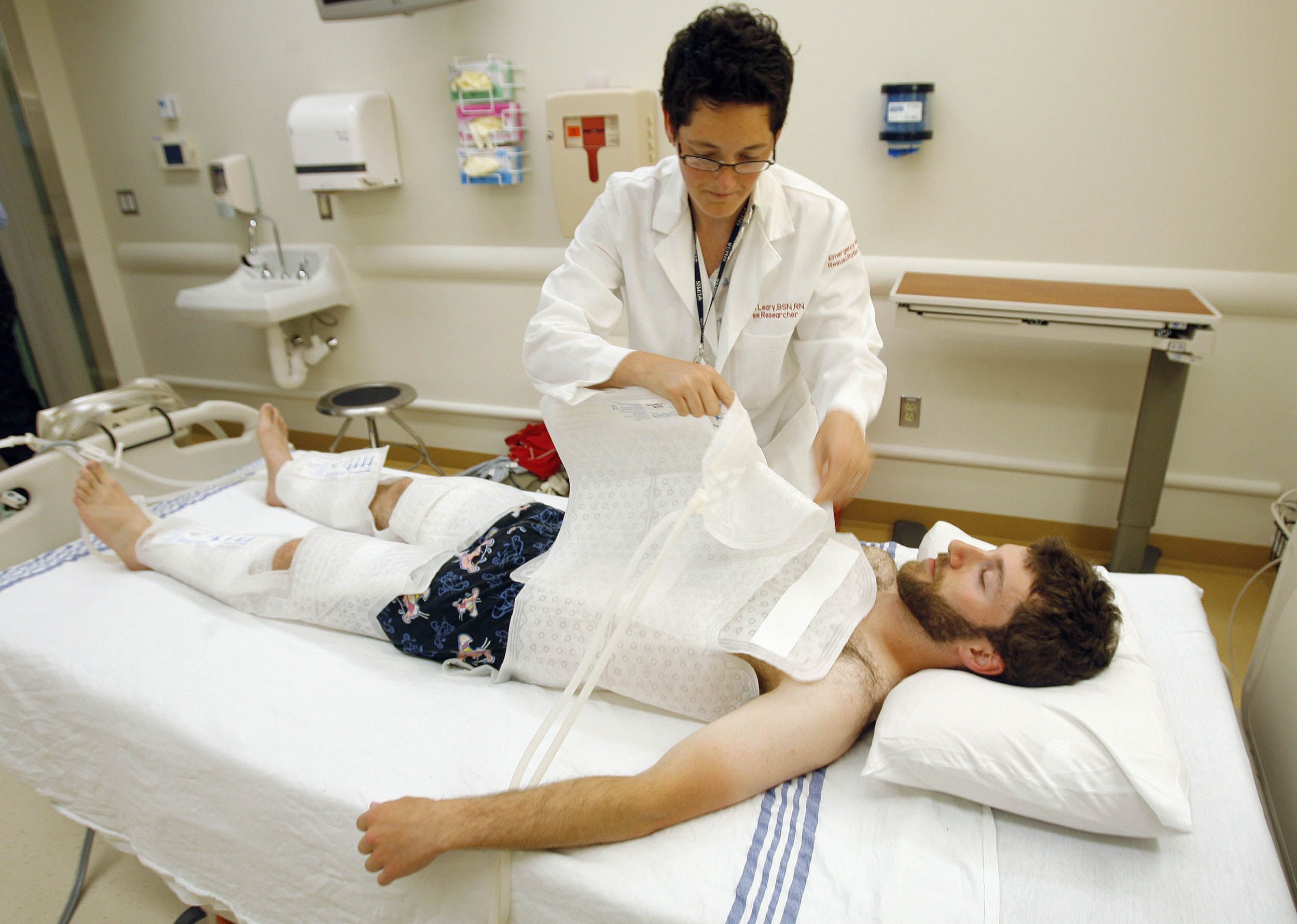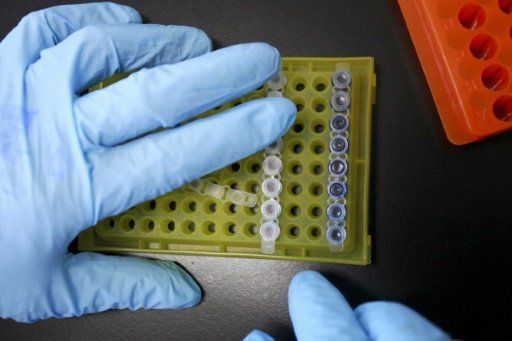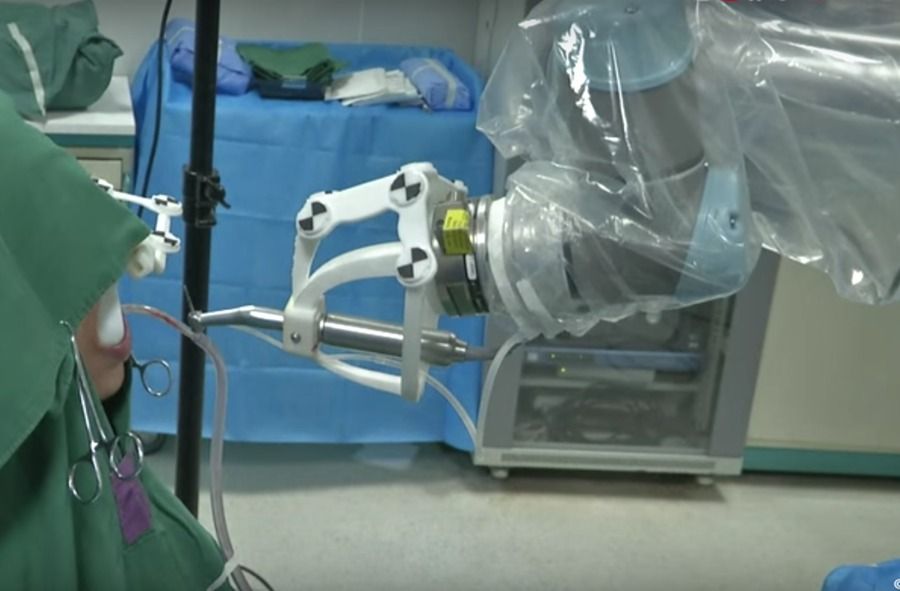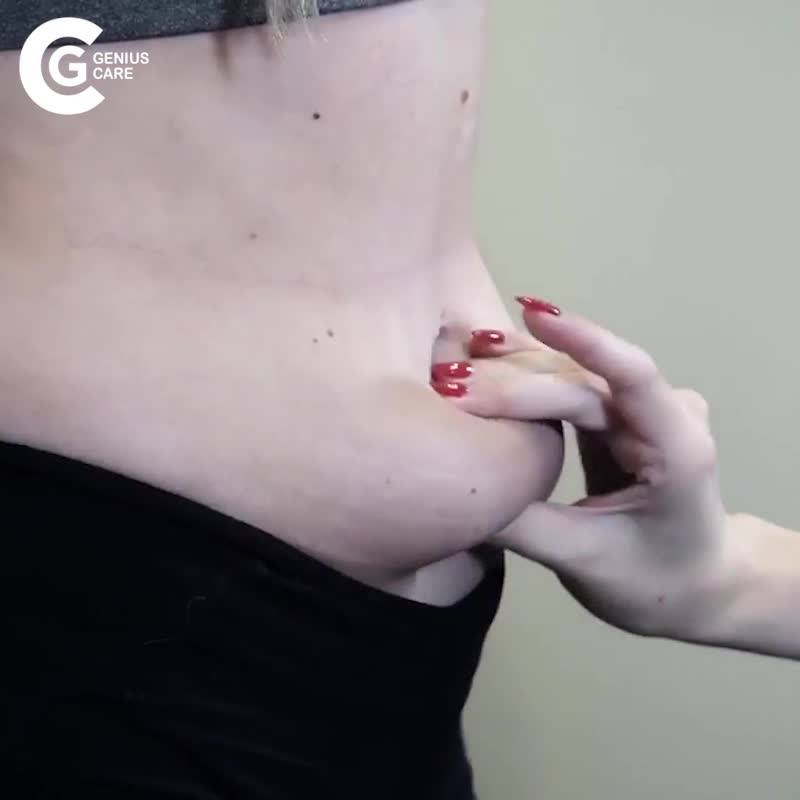Oct 2, 2017
Inktober2017: Creating Unique Artwork to Support Research
Posted by Steve Hill in categories: biotech/medical, life extension, media & arts, transhumanism
A great initiative by Laura Katrin Weston one of our amazing volunteers. She is supporting research fundraising using the wonderful artwork she produces at Black Cat Studios.
Black Cat Studios is a small private recording, music production and art studio in Leicestershire, UK, providing a range of services for musicians, broadcasters, and game developers. It is really great to see the community starting to use their talents and passions outside of longevity to help support research. All proceeds will go to Lifespan.io and we will use them to support cutting-edge medical research projects such as MouseAge.
Laura will be producing artwork based on 31 themes all with a longevity or transhumanist flavor to them based on this list:
